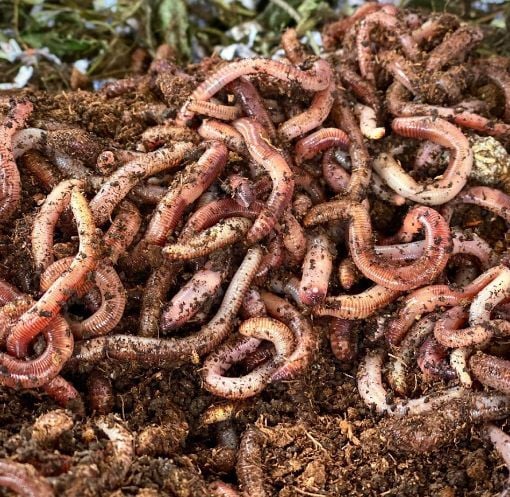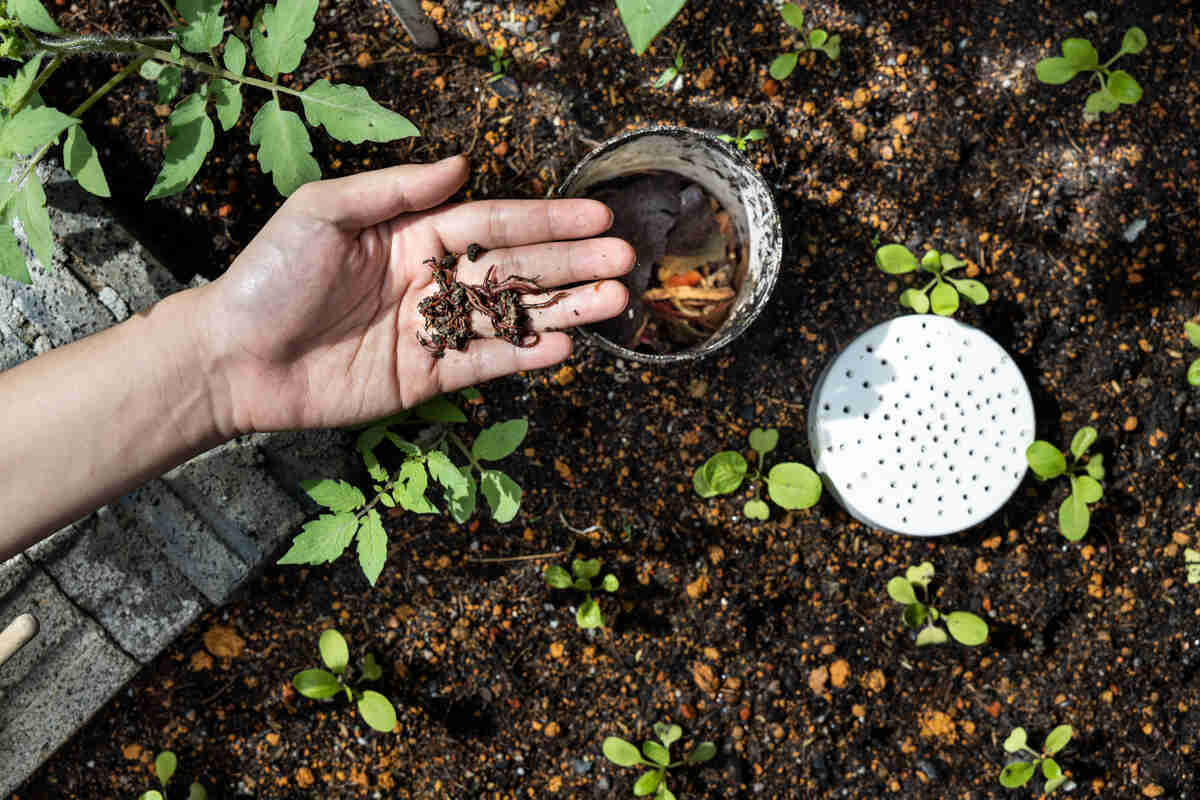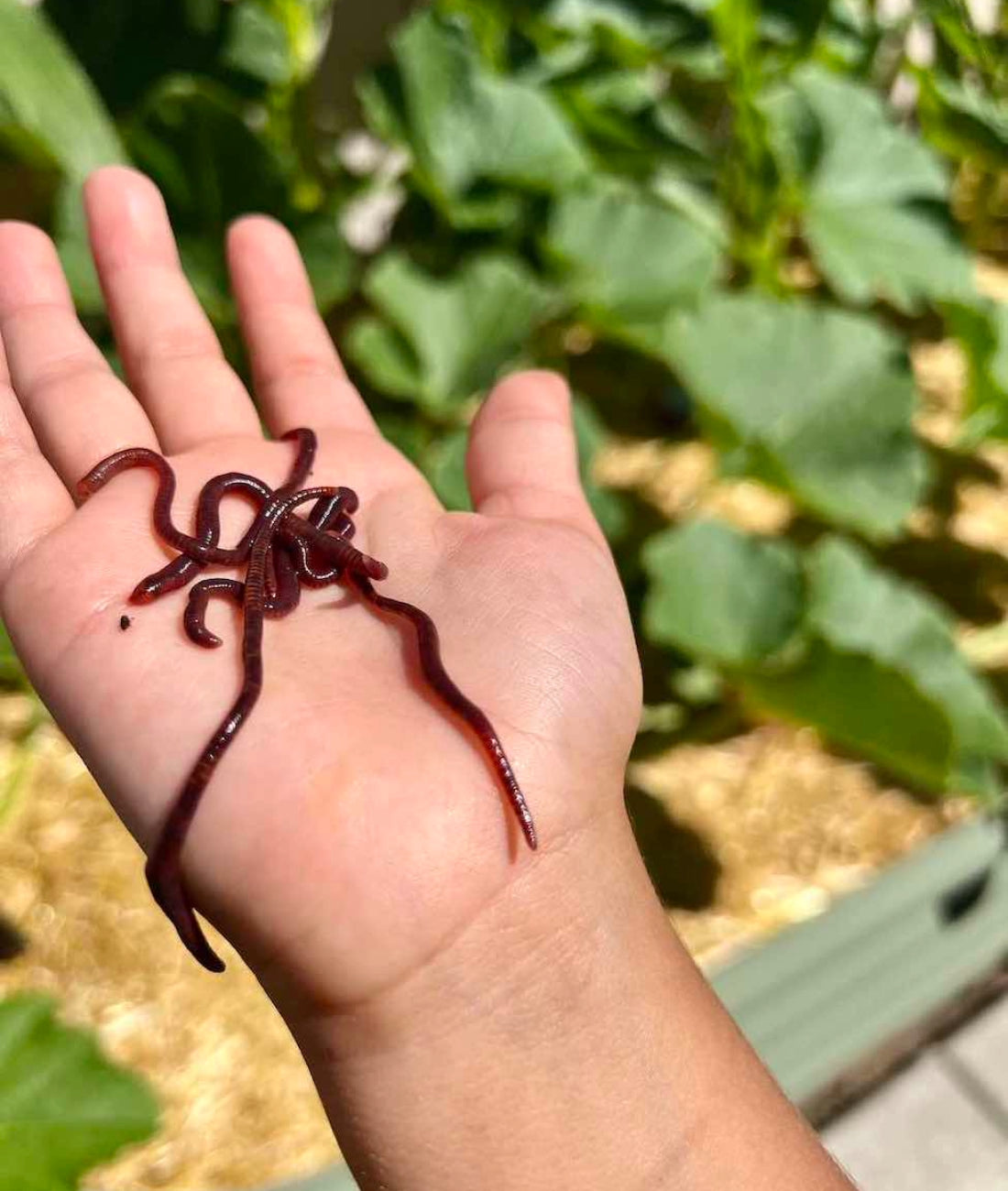Some Ideas on Red Wiggler Express You Need To Know
Table of ContentsThe Red Wiggler Express PDFsThe Ultimate Guide To Red Wiggler ExpressRed Wiggler Express Can Be Fun For Anyone6 Easy Facts About Red Wiggler Express ShownHow Red Wiggler Express can Save You Time, Stress, and Money.
And the flourishing Red Worm population? Even in the stack that was established up straight in front of yard composters with existing Red Worm colonies.
Numerous ranges, consisting of Red Wigglers, European Nightcrawlers, and Lumbricus varieties were brought over from the European continent. Here's the thingNative or not - and as talented as they are at being able to make it through in a wide-range of atmospheres and problems -. Simply put, they are far a lot more most likely to hang around in any kind of energetic composting systems you have actually established, than they are to stroll off and start ruining the atmosphere.
Roots call for oxygen for respiration and depend on smooth air flow within the soil to grow. Nevertheless, when it rains, dirt can come to be saturated with water, minimizing the oxygen available and hindering nutrition absorption - Red Wigglers For Sale. To keep an optimal equilibrium, the dirt has to permit water to drain pipes properly, leaving enough space for air to support origin wellness
See This Report on Red Wiggler Express

When it involves worms for composting, what comes to mind? If you were an earthworm dog breeder, supplier, or simple gardener, then you 'd understand that red wiggler worms are the optimal worms for vermicomposting. To get more information regarding these planet wonders, checked out some of the red worm realities below.
(http://efdir.com/Red-Wiggler-Express_320644.html)If they extend their bodies, you'll be able to see the stripes on their skin. When increasing worms such as red wiggler worms, you ought to have the ability to know how to profit them. When you have the ability to keep and look after their habitat well, and additionally feed them the best type of organic wastes, then they'll be able to produce nutrient-packed and quality-rich worm castings for you (likewise called worm poop or compost).
The Main Principles Of Red Wiggler Express
What do worms eat? Well, these red wriggler worms can be fed with cooking area scraps and garden wastes.

This behavior makes them well-suited forever in worm bins, compost piles, and other constrained spaces where natural waste is bountiful. Producing an ideal atmosphere for red wigglers calls for a thoughtful method. Take into consideration the following crucial components to take care of red wigglers in your home and guarantee their health: Use a bedding of shredded newspaper or cardboard.

Red wiggler worms recreate by laying small, lemon-shaped eggs in protective cocoons. These cocoons are generally transferred in the bed linen and hatch into infant worms within a few weeks.
6 Easy Facts About Red Wiggler Express Shown
Their flexibility and strength have made them a preferred option for vermicomposting in various areas all over the world. Yes! They can survive from an array of 32F to 90F. They are incredibly versatile pests. Consider protective procedures for extremely severe temperatures such as: Shielding the worm bin with layers of straw or leaves.

When taking care of your red wigglers it's crucial to bear in mind to: 1) K.I.S.S (Keep it Simple) and 2) everything in small amounts. These guidelines relate to feeding your compost worms, sprinkling your worm bins, and simply regarding whatever else entailed in caring for them. Just bear in mind - you can constantly add more food later (but it's hard to get rid of feed once it's been contributed to a bin!).
Since I fed the red wigglers and compost worms as well a lot, they weren't able to keep up and over time the older food went leftover and produced anaerobic conditions that eliminated the worms. Here're the 6 gold policies for just how usually and how much to feed your worms: Regulation # 1: Moderation!
The Main Principles Of Red Wiggler Express
Uneaten food will lead to anaerobic conditions that will kill your live worms. Policy # 6: After the initial feeding, feed the worms 1/3 to 1/2 of their weight.